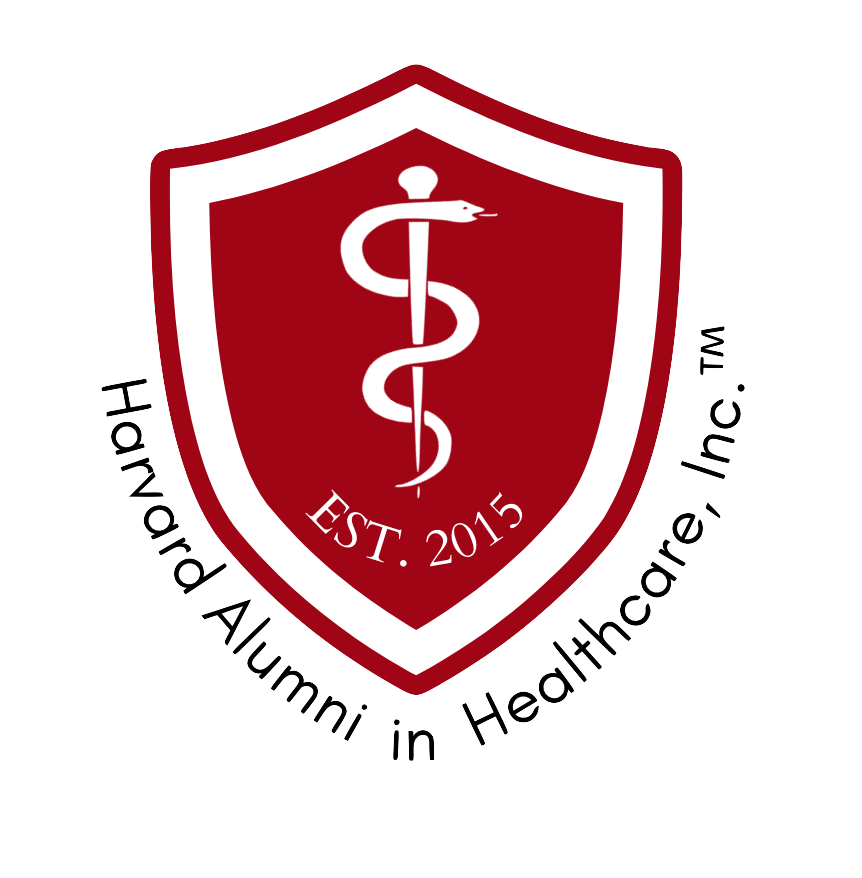Mark Mycyk, AB 1992
I started college planning to concentrate in Chemistry and hoping to become a doctor. I had some wonderful mentors and advisors at Harvard, but in particular my freshman proctor recognized how much I really enjoyed English literature, especially poetry. Sure, he said, I could do chemistry, but there are so many other opportunities here, and I should take these four years and concentrate on something I was really passionate about. It doesn’t have to be science-related, I realized, because whatever you’re interested in, that concentration will help you develop the skills necessary to become an effective physician. As an English concentrator, I learned how to pay attention to the details, communicate, debate, defend a position, and remain curious. Do not stifle that curiosity, but support it.
If there’s one thing I want people to remember, it is to always remember to stay curious. When people stop being curious, that’s when innovation is stifled, and new discoveries don’t happen. Without curiosity we become too fixed in our ways, and physicians who lose their curiosity are not consistently helping human beings. Curiosity is really a skill that you continue refining and developing over a lifetime, but it’s also a feeling that I encourage all students to cultivate as they continue their time at Harvard and beyond.
The mentors who have meant the most to me were the ones who not only listened to me, but also challenged me to do better. They were coaches who provided me with focused constructive feedback. In my high school years at a Catholic school, I had an English instructor, Brother Ruhl, who was out of this world! He expected that we put our best effort into anything we wanted to share with the world, including our writing assignments, so he set very high standards for us. When I first met him, I was scared, but I realized very quickly that he wanted each of us to develop in the best possible way. When we were reading Macbeth with him, we all were required to purchase a red pen. Every time the word ‘blood’ showed up in the text, we needed to circle it in red. At the start of every class, he would ask us to clear our desks, turn to a page, and hold it up. He’d walk around and check to see if you had circled all the ‘blood’ on the page - if not, you had points taken off. He expected us to recognize that writers put careful thought into their work and how they communicate with the rest of the world. To this day, I credit Brother Ruhl with helping me continue to pay close attention to detail - doing so is important as a reader of poetry, as a researcher, as a journal editor, and most importantly as a physician caring for patients.
In the emergency department, it’s a very chaotic environment, and people who are sick or seek care are vulnerable. They might have pain and feel confused or disoriented because there is a large number of people who are swarming towards you with lots of noise. That’s not the way we are trained to have conversations with people, so it’s important for us as physicians to help patients focus and pay attention to what is relevant at the time.
One of the ways I try to help patients cope with the chaos is first by putting myself in their shoes. I already know what’s going to happen because of my training and experience, but I pause to think, what if I were the patient?
I also make a conscious effort to dial down my language and avoid jargon and acronyms. I want to make them feel comfortable interrupting us and asking us to clarify or explain something because more often than not patients do not have the time to pause and reflect, especially in the emergency department.
At Boston Medical Center, where I did my residency, and here at Cook County Health, I am able to speak out about the challenges our patients face in this country with health care. We try to treat every patient equally because we are all human beings. We all deserve it, and we’re all going to get sick at some point in time. One of the biggest challenges now is that there are so many different stakeholders influencing how we make healthcare policy decisions. Take the electronic health record, for example. There are several different vendors, and in order for healthcare to work here, there must be seamless communication from one hospital to the next. One of the vendors might need to give up their business in order for this to happen, and that’s the challenge.
People need to listen to each other, collaborate, and ultimately be willing to say, okay, I’m going to step back and let others move forward knowing that everyone will have better service and level of health care.
Mark Mycyk MD
AB 1992 | English and American Literature and Language
Emergency Physician and Medical Toxicologist at Cook County Hospital
Editor in Chief at Journal of Medical Toxicology
Interviewed and Compiled by Felicia Ho



